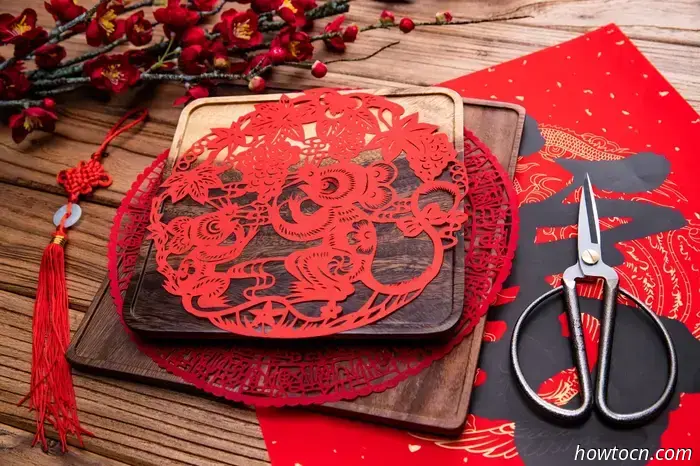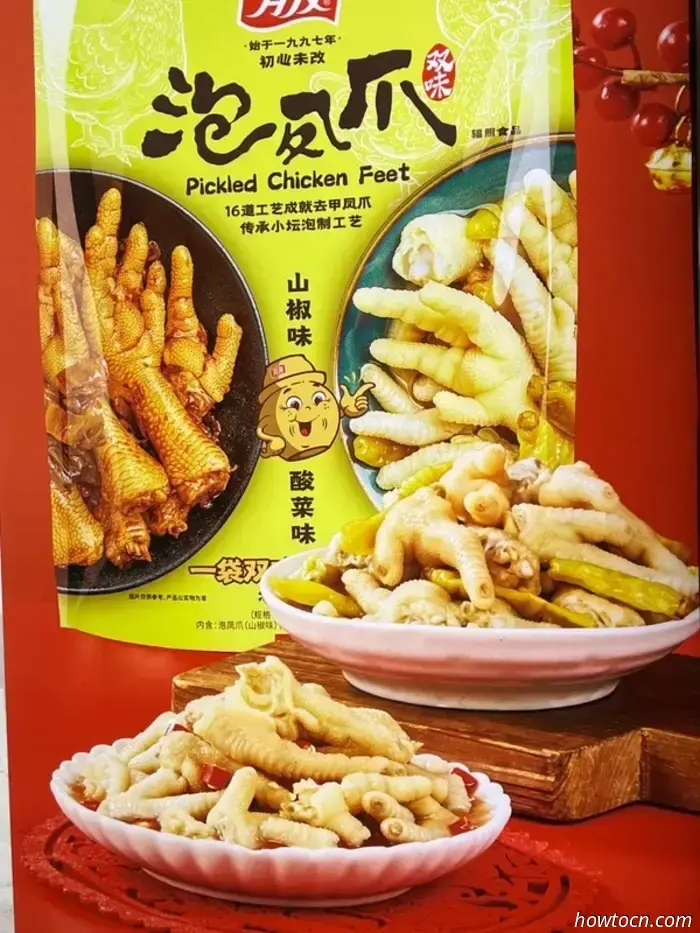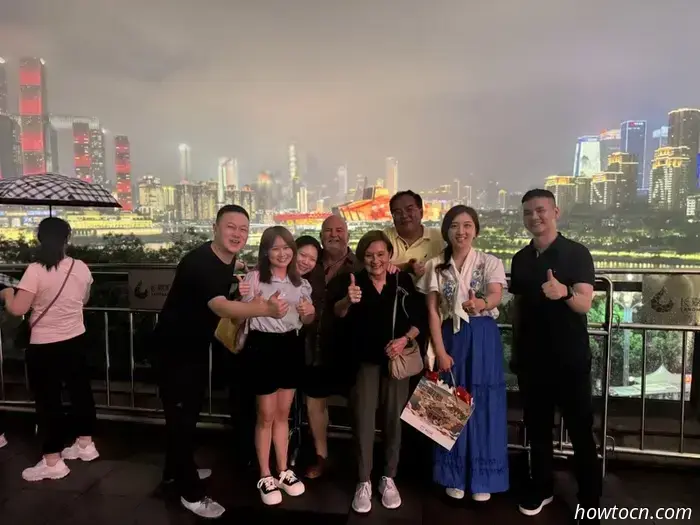
Mandarin Monday is a recurring series designed to enhance your Chinese language skills by introducing amusing and useful phrases and characters.
In China, with its millennia-old civilization, tradition infuses the rhythm of daily life. One of the most vivid demonstrations of cultural heritage is the handicrafts (手工艺 shǒugōngyì) associated with traditional festivals. These intricate creations are not just artistic works; they serve as vessels of memory, symbols of cultural identity, and connections between generations.
**Chinese New Year 春节 Chūnjié**
During the Chinese New Year, both streets and homes are adorned in red, symbolizing luck and happiness. A well-known handicraft during this period is paper cutting, often fashioned into symbols like fish (representing abundance) or the character "福" (fú) for good fortune. Fish are significant in Chinese culture as they symbolize abundance and prosperity. The phrase “年年有余” (nián nián yǒu yú) translates to “may you have surplus year after year.” Since “鱼” (yú) sounds similar to “余” (yú), which means surplus, fish are frequently featured in Chinese New Year decorations to convey this wish. These delicate designs, typically showcased on windows, are crafted by folding and precisely cutting red paper. Each cut narrates a story, reflecting aspirations for prosperity, health, and familial reunions.
**Key Words:**
Paper cutting: 剪纸 jiǎnzhǐ
“Blessing” symbol of good luck: 福 fú
Window paper cuts: 窗花 chuānghuā
May you have surplus year after year: 年年有余 nián nián yǒu yú
**Lantern Festival 元宵节 Yuánxiāojié**
Equally enchanting are the lanterns of the Lantern Festival, which signifies the conclusion of the New Year festivities. These lanterns vary from simple red spheres to intricate designs of dragons, flowers, and mythical creatures. Made from bamboo frames and vibrant silk or paper, these illuminated artworks are either released into the night sky or carried in parades, brightening streets and uplifting the spirits of those who create and carry them. The craftsmanship behind each lantern showcases patience, creativity, and the joy of communal celebration.
**Key Words:**
Lantern: 灯笼 dēnglong
Decorative lantern: 花灯 huādēng
Bamboo frame: 竹架 zhújià
Silk: 丝绸 sīchóu
Red paper: 红纸 hóngzhǐ
Candle (used in lanterns): 蜡烛 làzhú
**Qingming Festival 清明节 Qīngmíngjié**
In early April, during Qingming Festival, individuals pay homage to their ancestors by tidying graves and offering handmade tributes. Families sometimes craft miniature paper versions of items such as clothing, currency, or even contemporary gadgets, which are then respectfully burned as symbolic gifts for the deceased. Although these items are transient, the care invested in their creation demonstrates profound filial piety and reverence for tradition.
**Key Words:**
Miniature paper offerings: 纸扎 zhǐzhā
Ritual offerings: 祭品 jìpǐn
Ancestors: 祖先 zǔxiān
Tomb sweeping: 扫墓 sǎomù
**Dragon Boat Festival 端午节 Duānwǔjié**
Another cherished tradition is the Dragon Boat Festival, celebrated in the early summer to honor the poet Qu Yuan. Besides the exhilarating boat races, families create and exchange fragrant sachets. These small embroidered pouches are filled with aromatic herbs like mugwort and calamus, believed to repel evil spirits and illness. Each sachet, hand-stitched and often passed from mother to child, represents a tender expression of love, protection, and craftsmanship.
**Key Words:**
Fragrant sachet: 香囊 xiāngnáng
Mugwort (herb for sachets): 艾草 àicǎo
Calamus (protective herb): 菖蒲 chāngpú
Ward off evil spirits: 驱邪 qūxié
**Mid-Autumn Festival 中秋节 Zhōngqiūjié**
As autumn unfolds, the Mid-Autumn Festival illuminates the night with moonlight and tales of reunion. While mooncakes steal the culinary spotlight, many families, especially those with young children, engage in crafting rabbit lanterns and clay figures depicting Chang'e, the moon goddess. These handmade symbols not only evoke age-old legends passed through time but also inspire a lasting sense of wonder.
**Key Words:**
Mooncakes: 月饼 yuèbǐng
Rabbit lantern:






On Sunday morning, we made our way to the airport for a one-hour flight from Chongqing to Xi’an, where we will celebrate my birthday and remain until June 24th, departing for Yinchuan early on the 25th.

June 21, 2025.
Festival handicrafts vividly reflect China's cultural heritage.